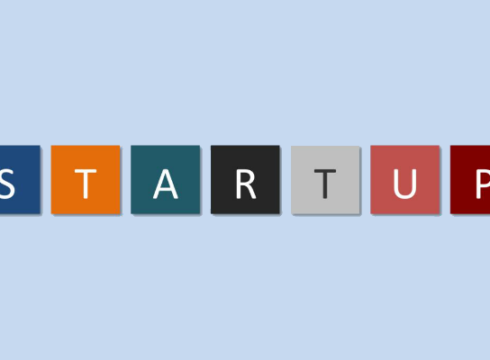Inc42 Daily Brief
Stay Ahead With Daily News & Analysis on India’s Tech & Startup Economy
S – Solver
You have to be someone that naturally likes to solve problems. Pointing out problems, and solving problems are different. You may have one idea that solves a problem for a customer, but this is not enough to make you a problem solver. You have to be a problem solver every day, to everyone, and to any thing, because startups are full of problems, many times downright obstacles, and you will have to solve for them.
You have to be a problem solver every day, to everyone, and to any thing.
T – Technology/science
I get a lot of flack for this. But, if you are not incorporating technology into your new company, you are building a company that is highly susceptible to competition. Technology enables companies to compete, and for those attempting to build companies with the anti-technology hippie mantra, please call me. I would like to simply watch/observe.
Technology enables companies to compete.
A – Advisers/BTDT
Just this week, I have spoken to two startup teams (somewhat coincidentally) both founded by a group of young lads that read ‘The Lean Startup’ by Eric Ries and ‘The Four Hour Work Week’ by Ray Porter. Both of these books are good (I hear), but this is not startup advice. Successful startups need advisors, and more importantly folks who have BTDT. Been There, and Done That.
R – Resilience/ambition
When starting companies, I like to ask people how they feel about the number three. In life, good things come in threes, the Stooges, the pyramids, the little pigs etc. Bad things come in threes in startups. Things always cost three times more, take three times longer, and there are many times three slackers and one hard worker as cofounders. You need to be resilient. Many times, resilience is founded in something called ambition. Ambition is hard to measure, and hard to replicate/grow; but easy to spot.
Many times, resilience is founded in something called ambition.
T – Trust
In my humble option, there is nothing more important than trust in a startup. Partners and founders need to trust each other. Many times venture capital companies fail to measure the trust between partners/founders and invest in ventures that end up in complete disarray, because trust eroded between cofounders.
U – Unique/jellyfish
Someone should write a book (Maybe Eric Ries, or Guy Kawasaki) called ‘The Copycat Startup’. It may be slightly more useful than what is on Amazon.com. Venture capital companies are full of jellyfish people (I call them this) where if you can say that your startup is a cross between jelly and fish, and that’s why you call it Jellyfish – you’re funded. Don’t fall for it because you think this is what the V.C.’s want. Zuck got lucky and is the world’s most successful copycat because the guys/gals from MySpace didn’t follow good advice. To be successful, be unique.
Zuck got lucky and is the world’s most successful copycat.
P – Partners/people/patience
There is a tendency on the West Coast to criticize New Yorkers (or the East Coast) of being harsh and rude. I ask you, have you ever pitched on the West Coast? Pitches can last only 10 minutes. While SFO and Seattle are the passive aggressive capitals of the world there is no patience left in those cities, people are rude and quick to discard ideas. Because of this, founders pick partners that are the obnoxious kinds who can run/fit-in with the arrogant V.C.’s. Don’t do this, pick partners that are people people, partners that are patient, and courteous.
Note: We at Inc42 take our ethics very seriously. More information about it can be found here.


